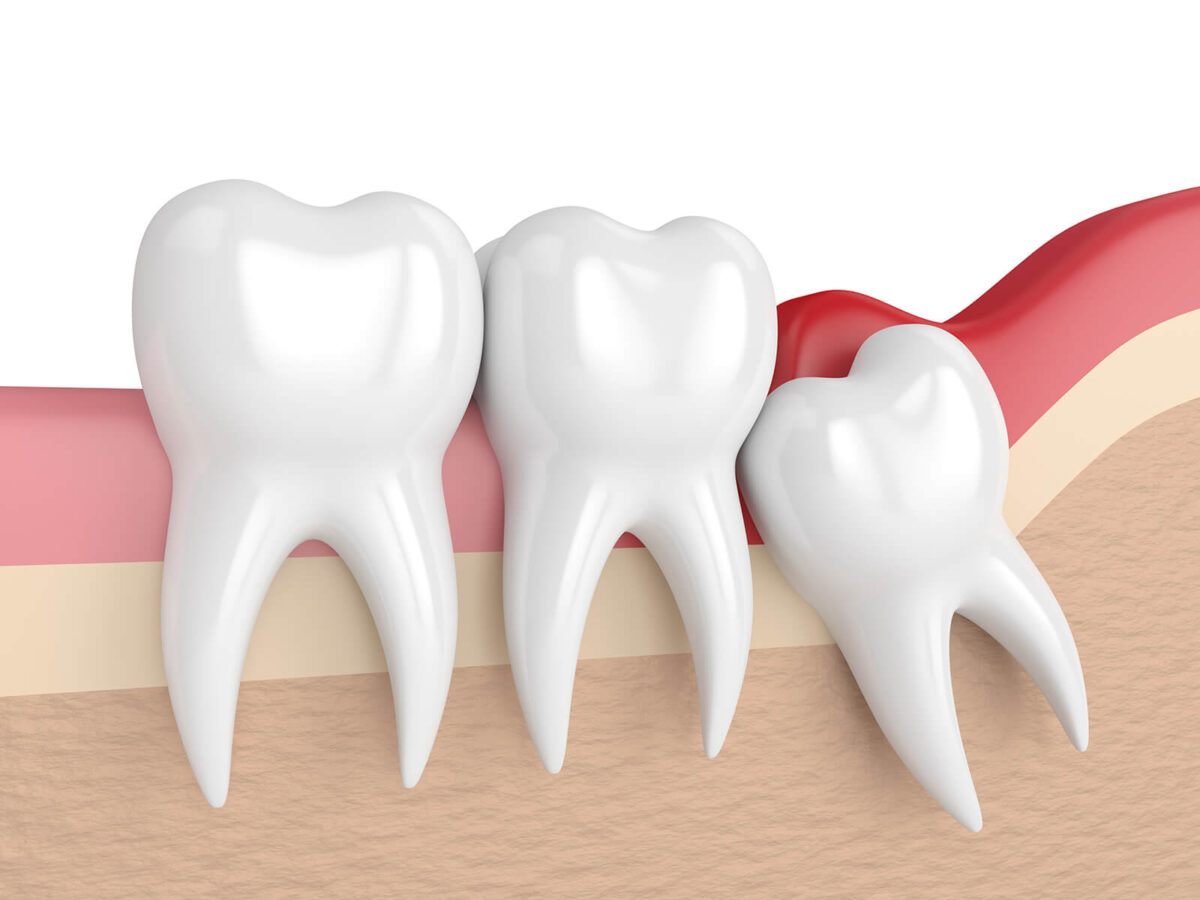The whole family should prioritize proper dental care as it is an essential part of one’s health in general. People of all ages can experience dental problems and it is vital to comprehend it to have a good prevention and treatment plan. This article is focused on the most frequent dental care problems faced by families. It is followed by possible strategies to deal with the problems.
Common Dental Issues in Families
1. Tooth Decay
Tooth decay, also known as cavities, is an extremely common dental disease in any region of the globe. It occurs when plaque, a sticky form of bacteria, is deposited on the teeth and produces acid that attacks the strengthening enamel. There is a high risk of tooth decay, which can cause a toothache and, eventually, infection.
Prevention and Treatment:
- Brush Twice daily with fluoride toothpaste.
- Limit sugary snacks; eat fruits, vegetables, and dairy.
- Regular check-ups and cleanings.
2. Gum Disease
Periodontal disease, or gum disease, begins as gingivitis: the first indicator is inflamed gingiva that bleeds easily. Sometimes, if not diagnosed, this may develop into periodontitis, which may eventually result in tooth loss and health complications.
Prevention and Treatment:
- Brush and floss regularly to remove plaque.
- Schedule dental check-ups for early detection and treatment of gum disease.
- Quit smoking to reduce the risk of gum disease and improve overall gum health.
3. Bad Breath
Halitosis—bad breath—is one of the most socially challenging and disturbing conditions. In some cases, it can be caused by bacteria that remain after bad oral hygiene, certain foods, dry mouth, or a general state of health.
Prevention and Treatment:
- Thoroughly clean teeth, tongue, and gums.
- Drink plenty of water to prevent dry mouth.
- Address underlying issues causing bad breath.
4. Tooth Sensitivity
Sensitive teeth imply that a person feels burning or sharp pain while ingesting hot, sweet, cold, or acidic substances. This can be caused by worn enamel decay, exposed tooth roots, cavities, or gum disease.
Prevention and Treatment:
- Use toothpaste for sensitive teeth.
- Limit acidic foods and drinks.
- Seek a dentist’s advice for underlying causes.
5. Orthodontic Issues
Many families suffer orthodontic issues, like blocked teeth positions, overbites, or underbites. Such problems may cause speech, chewing, and cosmetic problems.
Prevention and Treatment:
- Evaluate children by age 7 for potential issues.
- Use braces to correct misaligned teeth.
- Use retainers post-treatment to maintain alignment.
6. Dental Trauma
Collisions and dangerous incidents frequently lead to traumatic problems like cracked, chipped, or knocked-out teeth. These symptoms are conversely prevalent amongst younger, active, and sporty children and adolescents.
Prevention and Treatment:
- Use mouthguards during sports.
- Seek prompt treatment for injuries to save teeth and prevent complications.
Addressing Dental Problems as a Family
Educate and Involve:
Teach and ask relatives to maintain good oral hygiene habits, like brushing and flossing. Brushing your teeth and flossing with your family members can make this activity enjoyable.
Create a Routine:
Establish a routine for daily dental care within the whole family unit. Consistent habits such as brushing and flossing are one of the best ways to reduce the risk of developing dental issues.
Regular Dental Visits
Book an appointment for everyone’s dental visits to the clinic. Routine visits and annual examinations are the best ways to prevent, diagnose, and avoid dental problems.
Encourage a Healthy Diet
Encourage a diet that boosts tooth strength. A fiber-rich diet, along with calcium, vitamin, and mineral-rich foods, strengthens teeth and gums and reduces sugary foods, which are the main culprits in tooth decay.
Address Anxiety
A lot of people, and more often children, can be afraid of dentistry. Find a dentist who knows how to handle patients who fidget and have a fear of dental care. In addition, procedures involving sedation dentistry will help overcome the anxiety that many patients have about certain procedures.
Conclusion
Identifying and solving basic dental problems helps in comprehending the dental fitness of the family members. Good oral hygiene habits, professional cleanings, and timely dental care can contribute to a preventive health approach to ensure each of your family members will preserve their healthy and shining smiles.




